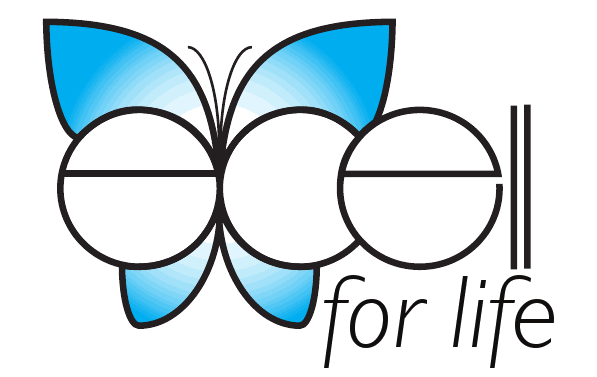Gluten Free Diet & Dietary Recommendations
I believe that eating Gluten Free (GF) is a must for every American who wants to achieve their best health—for your brain, your immune system, to fight off disease, inflammation, and cancer, energy and nutrition!
This is even more important if you are fighting any chronic disease or wish to prevent them and especially Lyme Borreliosis Complex. Board Certified infectious disease doctor and Lyme Specialist Dr. Jemsek recommends all of his patients avoid gluten because it is so inflammatory.
Since the 1970s, grains, and especially wheat, have been genetically modified and sprayed with toxins to get the best yield despite many health risks (Europe outlaws most of these…). The resultant wheat is toxic to our GI cells, lining and intestines, allowing toxins to enter our body and harm us in multiple ways, including suppressing our immune system (70% of which is in our gut).
If you have not been diagnosed with celiac disease, you could occasionally have organic, GMO free wheat and barley.
Gluten Hides in Many Foods
Gluten is the protein part of wheat, rye and barley and other related grains. Removing Gluten from the diet is not easy, but it is doable! Grains are used in the preparation of many foods. It is often hard to tell by an ingredient’s name what may be in it, so it is easy to eat gluten without even knowing it. However, staying on a strict GF diet can dramatically improve patient’s health.
Oats are a grain that we should also mention—Oats are believed safe for most patients, but often are contaminated during the manufacturing process. You can find oats that are free of cross-contamination, just read the labels!
Read Food Labels Carefully
Do not eat anything that contains the following: wheat, rye, barley
The following do NOT contain gluten in any amount: corn, potato, rice, soybeans, tapioca, arrowroot, carob, buckwheat, millet, amaranth and quinoa
Distilled white vinegar does NOT contain gluten
Malt Vinegar does contain gluten
Grains are used in the processing of many ingredients, so it will be necessary to seek our hidden gluten. The following terms found in food labels may mean that there is gluten in the product:
Hydrolyzed Vegetable Protein (HVP), unless made from soy or corn
Flour or Cereal products, unless made with pure rice flour, corn flour, potato flour, or soy flour
Vegetable Protein unless made from soy or corn
Modified Starch or Modified Food Starch unless arrowroot, corn, potato, tapioca, waxy maize, or maize is used
Vegetable Gum unless vegetable gums are carob bean gum, locust bean gum, cellulose gum, guar, gum, gum aracia, gum tragacanth, xantham gum, or vegetable starch
Soy Sauce or Soy Sauce Solids unless you know they do not contain wheat
Dr. Lisa’s Gluten Free Tips
(Available at any health food store or on Amazon.com!)
Any of the following words on food labels usually means that a grain containing gluten has been used:
Stabilizer, Starch, Flavoring, Emulsifier, Hydrolyzed, Plant protein
In the great article: The Troublesome Twenty – Hidden Gluten Ingredients – Amy Myers MD shares 20 ingredients that can also have hidden gluten. Pay attention to this if you have celiac disease!
Artificial color
Baking powder
Caramel color/flavoring
Citric acid (can be fermented from wheat, corn, molasses or beets)
Coloring
Dextrins
Diglycerides
Emulsifiers
Enzymes
Fat replacers
Flavorings
Food starch
Glucose syrup
Glycerides
Maltodextrin
Modified food starch
Natural juices
Stabilizers
Starch
Wheat starch
